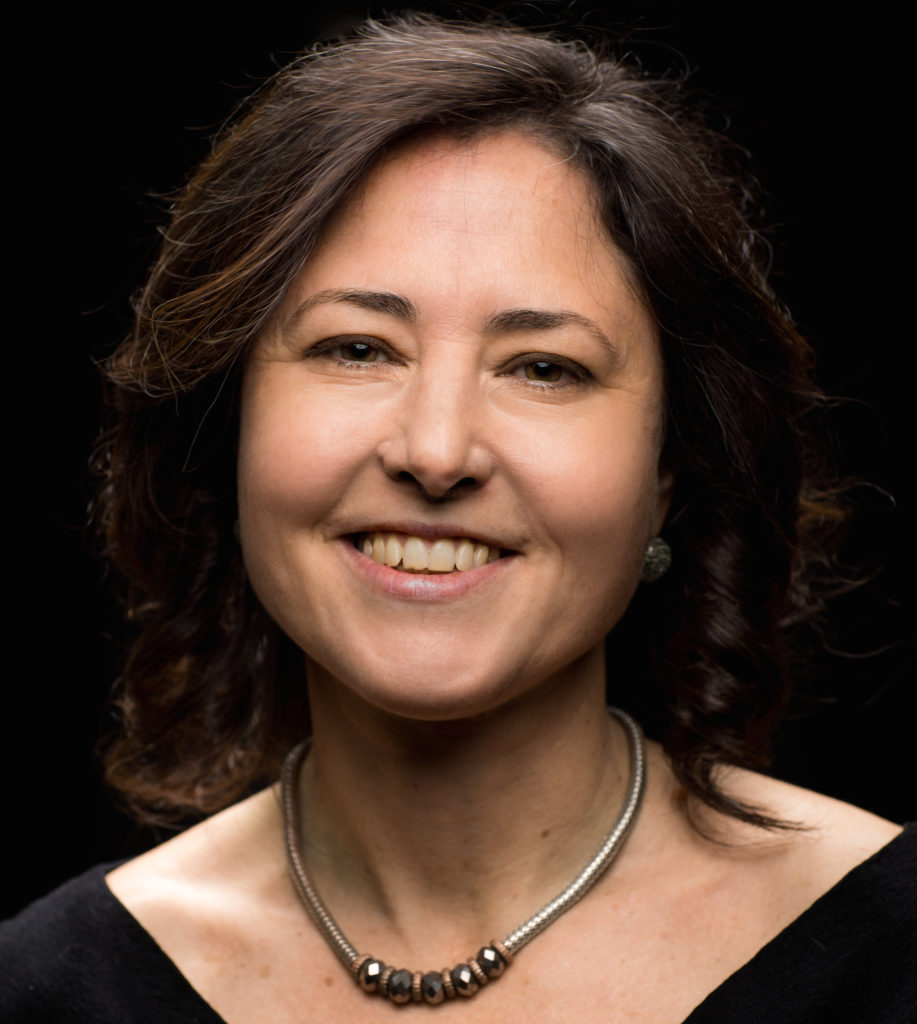
The New School’s Liz Ševčenko Awarded Prestigious Rome Prize for Work on Preserving Sites of Trauma
For 20 years, Liz Ševčenko has been working to preserve sites impacted by trauma or struggle.
As founding director of the International Coalition of Sites of Conscience (ICSC) a group that grew to include more than 250 such sites in 50 countries, she helped to conduct workshops, trainings, and consultations with everyone from national governments saving secret detention centers in Latin America to grassroots groups marking lynching sites in Louisiana.
Rarely was there consensus around what happened at these sites and why it mattered. However, despite the disagreement, there was a shared beliefthat reckoning with contested histories was an essential part of building lasting cultures of democracy.
Now, Ševčenkois hoping to extend the reach of this work through a new book — a resource, she said, for the “the fast-growing number of people from transitional justice, community development, and other fields who, whether they identify as historic preservationists or not, are saving places to build lasting cultures of human rights.”
Ševčenko, director of The New School’s Humanities Action Lab, will have the opportunity to work on her book as a recipient of the Booth Family Rome Prize.
Administered by the American Academy in Rome, the Rome Prize is awarded to a select group of artists and scholars who are “invited to Rome, Italy to pursue their work in an atmosphere conducive to intellectual and artistic freedom, interdisciplinary exchange, and innovation.”
Ševčenko’s accepted the award during the Arthur and Janet C. Ross Rome Prize Ceremony at the Morgan Library & Museum in New York City.
While Ševčenko’s work has always been important, it has become especially relevant in our current political environment. As Sevcenko explains, “The Trump election and Brexit heralded what political commentators call the ‘post-truth era,’ marked by public discourse in which truth itself is of secondary importance, supporting surging racism and violence.”
“How will people understand evidence and narratives of sites in a post-truth era?” she asks. “What new roles and responsibilities do preservationists need to develop?”
Through her critical work, Ševčenkois working on an answer.